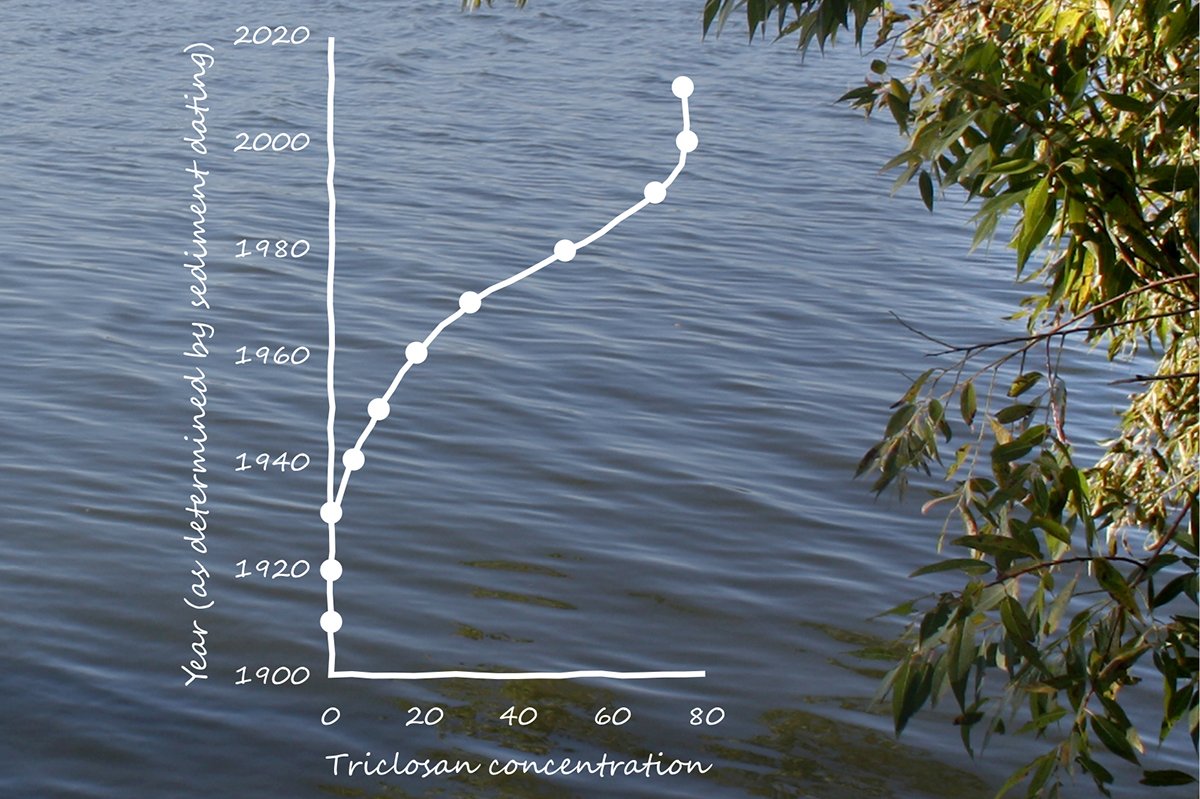About the Environmental Engineering Major
Environmental engineering students focus their studies through classes in chemistry, biology, fluid mechanics, hydrology, and the design of drinking water and municipal wastewater treatment systems.
The program goals are to develop innovative, sustainable solutions that benefit society and protect and restore the environment within the context of our urban infrastructure.

What You'll Study
Environmental Engineering Four-Year Plan
What can I do with a major in Environmental Engineering?
Pick your area of emphasis:
- Hydrology and hydraulic engineering
- Water quality
- Pollutant fate and remediation (air, water, and soil)
- Solid/hazardous waste management
- Sustainable development
- Water and wastewater treatment design
- Environmental microbiology
Solving Environmental Problems
"I hope to solve environmental problems that are presenting themselves in this coming century in order to preserve the environment for coming generations, because I know the outdoors has had a big impact on me and I want to let others experience it like I have."
—Aileen Zebrowski, Environmental Engineering
Career Opportunities
Environmental engineering graduates could pursue careers in areas such as:
- Applying technologies to generate potable drinking water and to mitigate the environmental impact of municipal wastewater.
- Restoring waterways and natural habitats.
- Complying with environmental regulations.
- Managing solid and hazardous wastes.
What can I do with a major in Environmental Engineering? (PDF)
In their own words...


